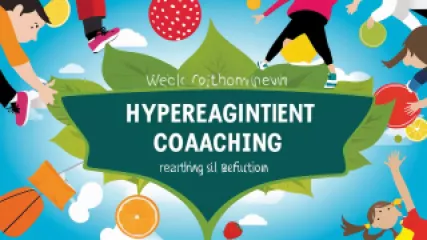The Impact of Mental Health Programs on Adolescent Wellbeing
il y a 1 an
Santé mentale chez les adolescents
Unlocking the Secrets of Teen Mental Health: An Interview with Dr. Sarah Holden
il y a 1 an
Santé mentale chez les adolescents
The Art of Apologizing: A Mental Health Perspective
il y a 1 an
L’art de s’excuser
How Can Mindfulness Reduce Anxiety?
il y a 1 an
Pleine conscience pour l’anxiété
My Journey to Manage Anxiety Through Mindfulness
il y a 1 an
Pleine conscience pour l’anxiété
10 Best Mindfulness Practices to Reduce Anxiety
il y a 1 an
Pleine conscience pour l’anxiété
Lessons from "The Shawshank Redemption" for Your Mental Health Recovery Journey
il y a 1 an
Parcours de rétablissement
How to Boost Mental Wellness with Therapeutic Laughter Sessions
il y a 1 an
Humour thérapeutique
My Journey as an Adoptive Parent: Overcoming Challenges
il y a 1 an
Défis des parents adoptifs
My Journey as an E-Counselor: Supporting Students' Mental Health
il y a 1 an
Conseil scolaire
What Yoga Practitioners Can Learn from 'The Karate Kid' for Mental Health
il y a 1 an
Yoga pour la santé mentale
Top Strategies for Managing Hyperactivity in Wellness Coaching
il y a 1 an
Gérer l’hyperactivité
Empowering Adolescent Mental Health: An Expert Interview
il y a 1 an
Santé mentale chez les adolescents
What Are the Best Online Mental Health Resources for Your Recovery Journey?
il y a 1 an
Parcours de rétablissement
Navigating Mental Health: A Step-by-Step Guide for Adolescents
il y a 1 an
Santé mentale chez les adolescents















